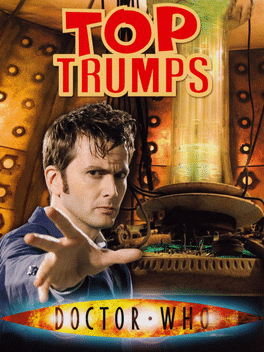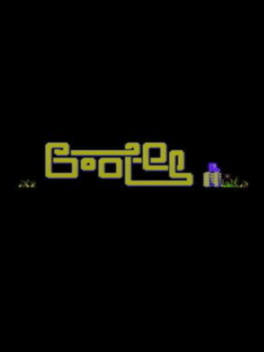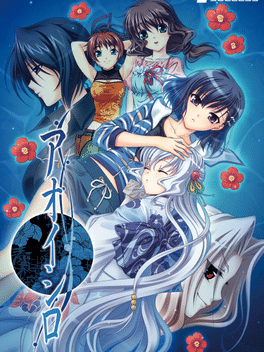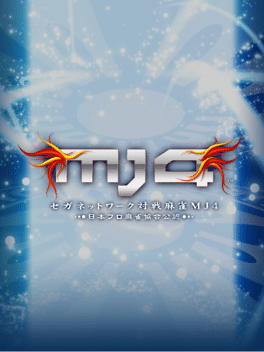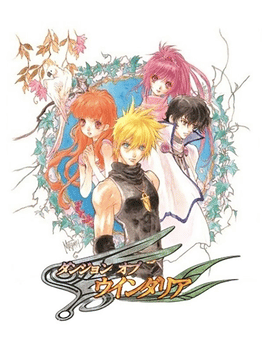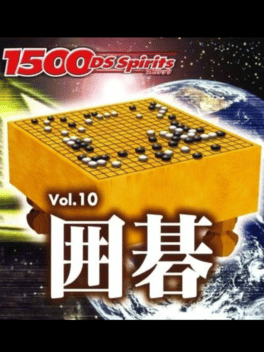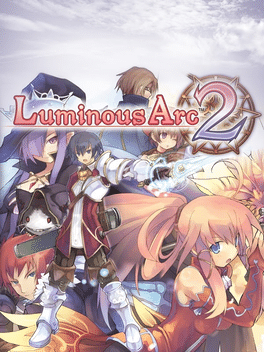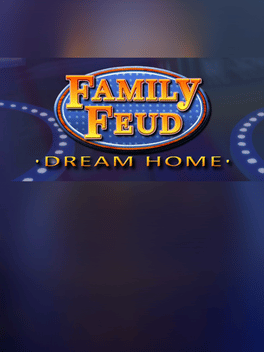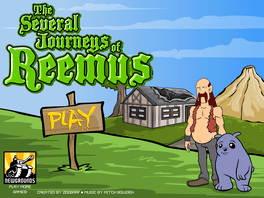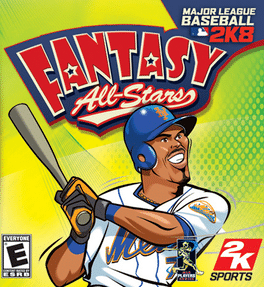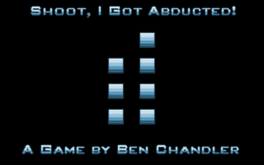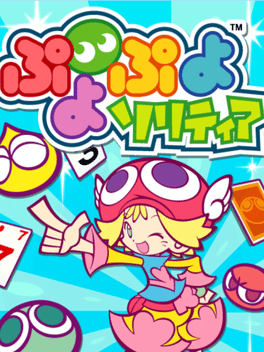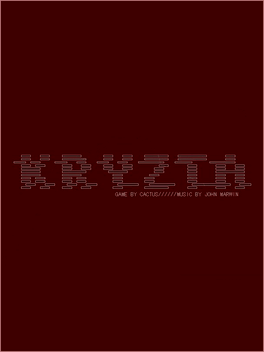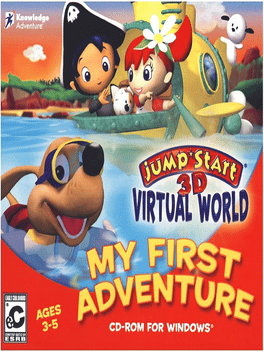New Games - Page 9980
-
Top Trumps: Doctor Who
2008
star 4Eidos creates a virtual version of the card game populated by the weird denizens of Dr. Who. -
Days of Memories: Boku to Kanojo to Koto no Koi
2008
The protagonist is a member of Iori Yagami's band and is attending a special private school. -
The Chronicles of Narnia: Prince Caspian
2008
The Chronicles of Narnia: Prince Caspian is an action-adventure fantasy video game. -
Bootèe
2008
-
Aoi Shiro
2008
Aoi Shiro
2008
The Seijou Girls’ Academy Kendo Club is traveling to Shoushinji for a Summer training camp. Near there is an island, Urashima, where legend has it a demon extermination took place long ago. They arrive around the time of a festival which honors a god that is worshipped by the people of Urashima; it celebrates the onitaiji and ensure another year of health for the people. Around the time of the festival, the weather around Urashima worsens and storms will come. A few days into their training, Osanai Shouko finds a girl washed up on the shores near the location of the training camp. She cannot speak and doesn’t seem to know much about herself... -
Sega Network Taisen Mahjong MJ4
2008
The fourth entry in Sega's MJ series of arcade games. Most notably, this installment adds a Sanma (3 Player) league, a training mode, and an improved 16:9 Live terminal. It received numerous minor updates, with features such as a customizable narrator and a visible tile wall when spectating being added, before eventually receiving a significant upgrade in 2010 called Sega Network Taisen Mahjong MJ4 Evolution. -
James Patterson's Women's Murder Club: Death in Scarlet
2008
Women's Murder Club: Death in Scarlet is the first game based directly on a James Patterson novel (as opposed to tie-in games to movies based on JP novels). It is a casual adventure title, release in 2008 by I-Play, and designed by renowned game designer Jane Jensen (famous for the Gabriel Knight series). -
Dungeon of Windaria
2008
Dungeon of Windaria
2008
Dungeon of Windaria is a Role-Playing game, developed and published by Compile Heart, which was released in Japan in 2008. -
1500DS Spirits Vol. 10: Igo
2008
1500DS Spirits Vol. 10: Igo is the tenth game in the 1500DS Spirits series. -
Luminous Arc 2
2008
Luminous Arc 2
2008
star 6.6More Strategy, More Witches, More Fun! As the threat of a rogue Witch looms over Carnava, the Queen calls upon the Magic Association to save the land. Beautiful hand drawn graphics and a stunning score from Yasunori Mitsuda's Procyon Studio combine with multiplayer support to create the must-have strategy RPG of the year! "Engagement" System - Gain potent Witch powers with this intriguing new tactical feature. Refined Mechanics - Upgraded interface, polished touch controls, and rebalanced gameplay. -
The Chronicles of Narnia: Prince Caspian
2008
star 5.4The Chronicles of Narnia: Prince Caspian is an action-adventure fantasy video game. -
Family Feud 3: Dream Home
2008
A trivia game based on the TV show. Answer questions, earn points, and use your winnings to decorate your dream home. -
Chessmaster Live: Chain Reaction
2008
Enjoy new ways to play chess with this original mini-game: in Chain Reaction you'll have to move so that three pieces of the same kind are connected by their movement paths… Don't make the wrong move or pieces may continue their invasion! -
The Several Journeys of Reemus Prologue: Lair of the Ant Queen
2008
Overshadowed by the exploits of his famous sibling, Reemus the insect exterminator and his sidekick, Liam the purple bear set out on a journey to create a legacy of their own. -
Major League Baseball 2K8: Fantasy All-Stars
2008
star 4.5Major League Baseball 2K8 is a portable spin-off of the MLB 2K series. It features a less-realistic portrayal of the game of baseball, with cartoonish settings and characters. -
Puyo Puyo Solitare
2008
Puyo Puyo Solitare
2008
Puyo Puyo Solitaire is a mobile game apart of the Puyo Puyo! Sega subscription service released for mobile internet services in 2008-2009 and later, in 2011, for Android devices. It is one of the many games in the subscription and one of some in the Puyo Puyo Fever 2 style. Unfortunately not much info is known about it, same with the subscription service. -
Kryzta
2008
Kryzta
2008
Kryzta is an experimental action game by Cactus. On the surface, it looks like an arena shooter, but you are unable to fire. Instead, the focus is on avoiding enemy shots and maneuvering in such a way that the enemy hit each other, instead of you. -
JumpStart 3D Virtual World: My First Adventure
2008
In the game, players create avatar characters to represent themselves, and play learning activities to earn pieces of storybooks.

